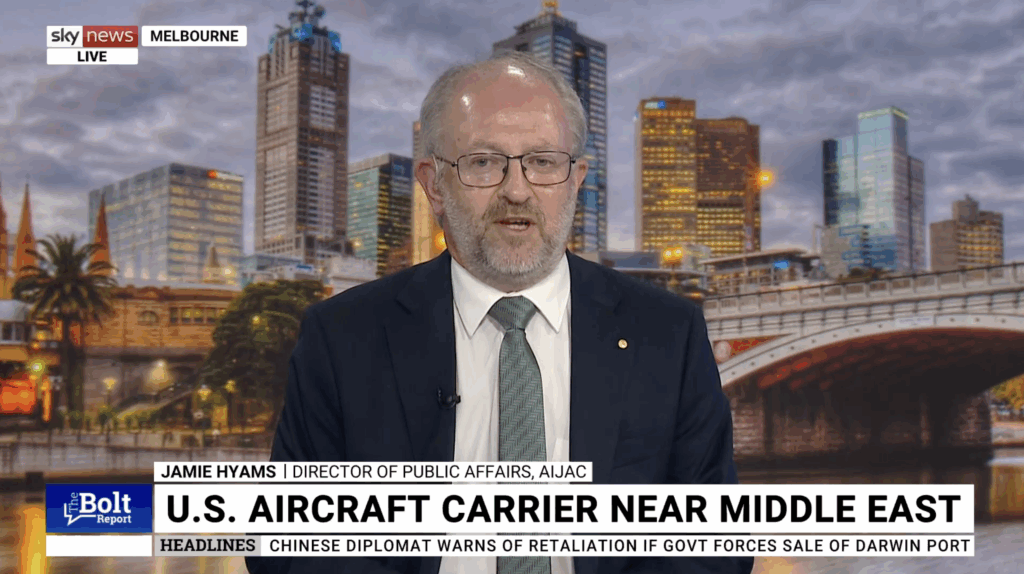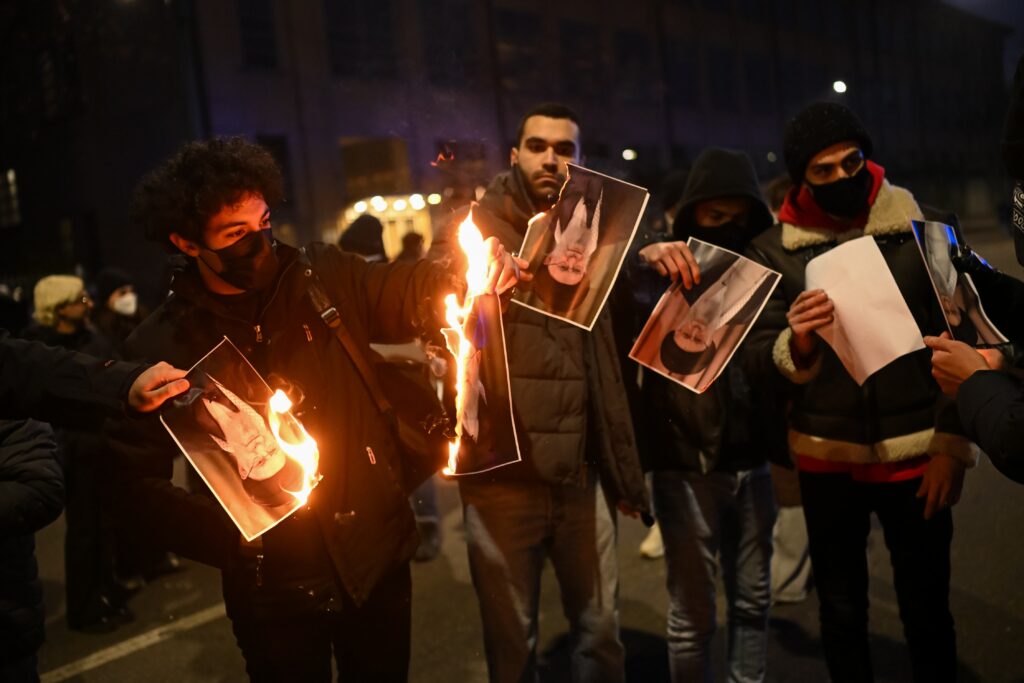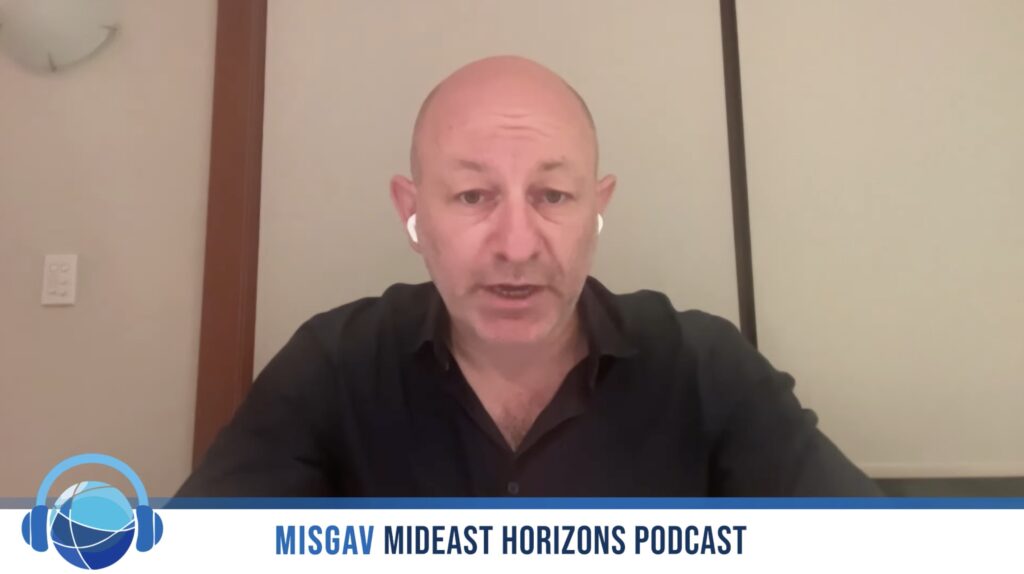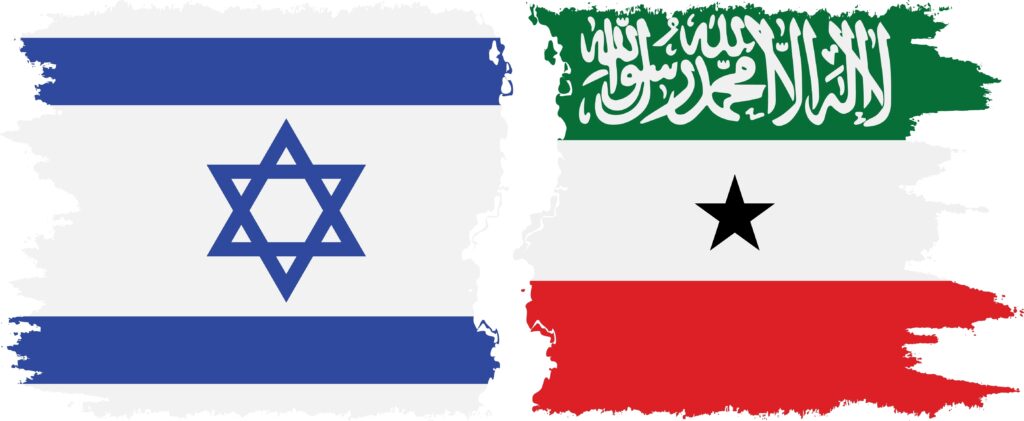IN THE MEDIA
Iran’s patronage of Hamas, Hezbollah threatens global stability
August 13, 2024 | Ahron Shapiro
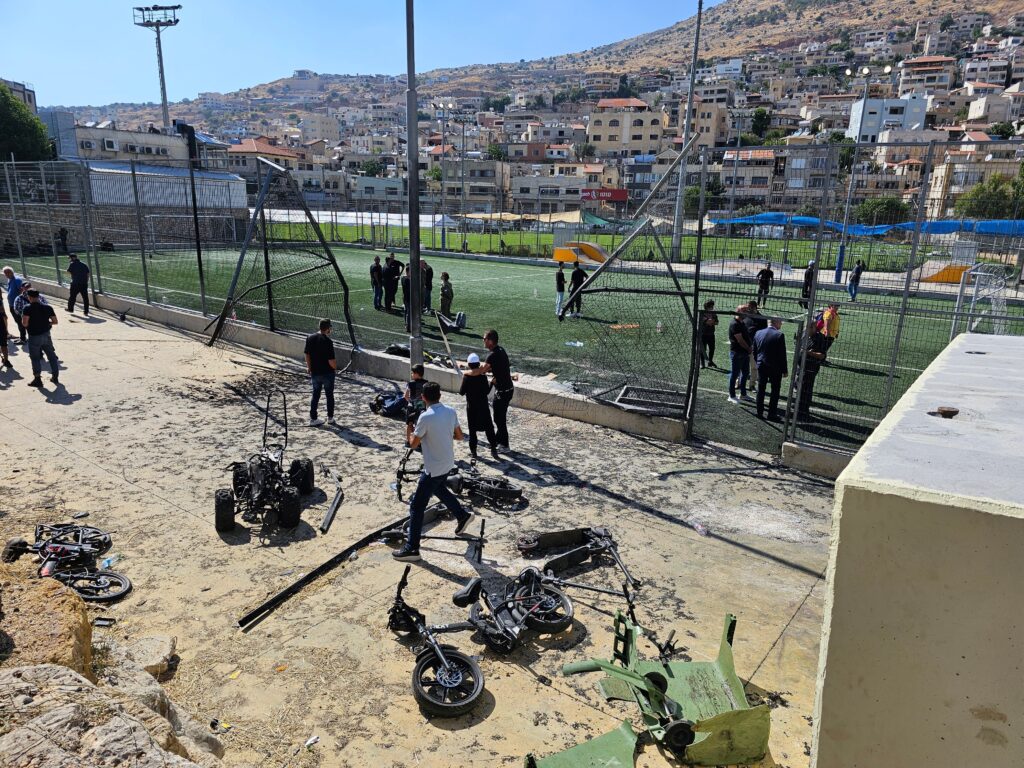
Canberra Times – 13 August 2024
The common denominator between Israel’s July 31 targeted killing of Hezbollah chief of staff Fuad Shukr and presumed assassination of Hamas political bureau chief Ismail Haniyeh in Teheran, and the devastating killing of 12 Druze children on the Golan Heights four days earlier by a Hezbollah missile, is Iran, the patron of the two groups, whose wholesale sponsorship of terror increasingly threatens not only Israel, but global stability.
The war Hamas started with a massacre and hostage-taking spree last October 7 is often viewed solely through the prism of Gaza, with reprisal attacks in sympathy with the Palestinians by the Lebanese Hezbollah and the Houthis of Yemen. But this interpretation misses the essence of what we’re witnessing on the ground. This is because all the regional attacks – not only from Gaza but also Lebanon, Syria, Iraq and Yemen – have been carried out in accordance with a shared interest with Iran, namely the elimination of Israel through what they see as an obligatory religious war better known as jihad.
Since the 1979 Islamic Revolution, the Islamist regime has invested billions of dollars towards jihad against Israel, which is permitted to be delayed by tactical ceasefires – such as those that ended the 2006 Second Lebanon War between Israel and Hezbollah or that Hamas agreed to after its own wars with Israel – but never abandoned.
Iran’s jihadist ambitions don’t stop at Israel. Indeed, its Supreme Leaders have never hidden their larger goal of, in Ayatollah Khomeini’s words, “exporting the Islamic revolution to the entire world.”
Liberal thinkers can’t readily relate to this mindset, and over the years, Western strategists have preferred to sweep it under the carpet.
For example, former US President Barack Obama’s inaugural address sought “a new way forward” with the Muslim world, “based on mutual interest and mutual respect.”
This bore mixed results. There were good outcomes when forward thinkers found good-faith common ground, as we later saw when the Trump Administration’s Abraham Accords normalised ties between Israel and the United Arab Emirates, Bahrain and Morocco.
But this approach backfired in relation to Iran’s regime, whose enmity to the West forms part of its identity. Teheran read the West’s overtures for détente as opportune weakness, leveraging the Obama Administration’s wishful thinking into a 2015 nuclear deal that traded a temporary slowing of Iran’s illicit nuclear program for massive sanctions relief. The deal proved hard to reverse, but easy for Iran to circumvent. Today, Iran sits on a massive stockpile of enriched uranium, essentially a nuclear threshold state.
Simultaneously, Iran secured a deal that left its ballistic missile and conventional weapons threat untouched, including sponsorship for aggressive proxies and terror groups like Hezbollah.
With Iran’s Houthi proxy today effectively blockading commercial shipping through the Suez Canal, we are all paying the price of this folly in the form of higher transport costs and supply chain delays.
Of course, Israelis have had it much worse. Since October 8, when Hezbollah began bombarding Israel, tens of thousands of northern residents have been forced to evacuate while their crops withered, businesses collapsed and homes were engulfed in explosives-fuelled wildfires.
As we’ve seen in the Golan Heights attack, Hezbollah’s missiles don’t discriminate, often killing or injuring members of Israel’s Arab and Druze minority, which comprise around half of the Galilee’s population. Similarly, nearly two dozen Arabs were also murdered in Hamas’ October 7 onslaught and several taken hostage. This may surprise some, but really shouldn’t, considering the civil wars in Syria, Lebanon and Jordan over the past half-century.
In stark contrast, the IDF, which includes Druze and yes, some Arab soldiers and officers, strives to protect all of Israel’s citizens and residents. In the tragic case of the Druze children, there was a bomb shelter in the village’s playground, as in nearby Jewish villages, but the bomb fell in front of the shelter, in the path of the fleeing children.
All Israelis rallied behind the bereaved families as their own, in spite of the inevitable ethnic divisions in society. Such is the complicated reality that all Israelis live in, not only Jewish ones.
Meanwhile, the international community, which cynically looked the other way while Hezbollah massed forces on Israel’s border and assembled the world’s largest missile arsenal towards Israel in flagrant violation of UNSC Resolution 1701, implored Israel to avoid “escalation”, while the Golan’s Druze mourn. While Israel exhausts every diplomatic avenue with Lebanon, when dealing with jihadists, one cannot help but recall Churchill’s words to Chamberlain: “You were given the choice between war and dishonour. You chose dishonour, and you will have war.”
It’s hard to escape the feeling that even if all-out war can somehow be averted now, at a time of Iran’s choosing, Hezbollah will spearhead the war against Israel it has prepared long and hard for. The question all Israelis ask is, on whose terms?

